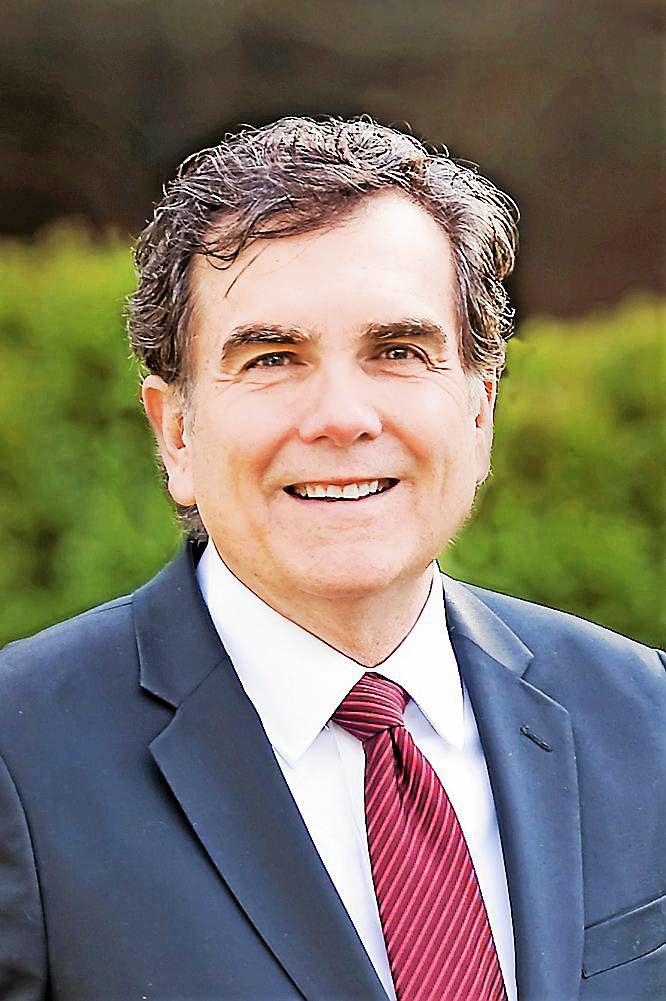
UPDATE: Parents are facing an urgent crisis as reports reveal a surge in children expressing feelings of boredom, prompting professionals to call for a shift in parenting strategies. Dr. Randy Cale emphasizes that boredom is a construct—a signal of an unsettling discomfort that many adults and children alike struggle to manage.
In a recent discussion, a mother voiced her frustration: “If I hear I’m bored one more time, I’m going to lose it.” This sentiment resonates with countless parents today, who find themselves constantly battling their children’s cries for entertainment.
WHY THIS MATTERS: As boredom becomes the default reaction to stillness, experts warn that children are losing vital skills in creativity and self-reliance. Today’s children are often unable to engage in quiet reflection or imaginative play, relying heavily on screens and structured activities for stimulation.
KEY INSIGHT: Dr. Cale urges parents to resist the urge to immediately fill their children’s time. Instead of offering distractions, he recommends a powerful response: “Okay. I’m sure you’ll figure something out.” This simple shift encourages kids to confront their boredom and develop emotional resilience.
In a world that glorifies constant stimulation, adults are equally affected. Many find themselves unable to sit still without reaching for their phones or other devices, leading to a cycle of dissatisfaction. Dr. Cale points out that this behavior creates a disconnect between individuals and their own thoughts, leaving them feeling empty despite being busier than ever.
WHAT’S NEXT: Experts advocate for parents to retire the word “bored” from their vocabulary. This change is not merely semantic; it symbolizes a deeper understanding of the value of stillness. Dr. Cale suggests reframing boredom as an opportunity for growth and exploration, encouraging both children and adults to embrace moments of quiet.
To combat this trend, Dr. Cale recommends simple reflections to replace the impulse for constant entertainment:
– “I’m open to what’s next.”
– “Where is there beauty I can enjoy?”
– “What can I appreciate in this moment?”
These reflections serve as “brain hacks,” steering attention away from the pursuit of dopamine-driven distractions towards gratitude and presence.
THE IMPACT: As this movement gains traction, parents are urged to create environments where quiet is welcomed rather than feared. By doing so, children can learn to explore their thoughts and feelings, ultimately fostering creativity and resilience.
The call to action is clear: can we raise a generation that embraces stillness and independence, or will the cycle of constant stimulation continue? Dr. Cale emphasizes the potential for a profound shift in parenting that could redefine how future generations interact with their own minds and creativity.
For those seeking to address overactive minds, solutions like neurofeedback therapy are available. Capital District Neurofeedback offers research-backed methods to restore balance and calm to the restless brain.
In conclusion, the urgency is palpable. Parents are encouraged to rethink their approach to boredom and embrace the profound opportunities that stillness can offer. The time to act is NOW.





